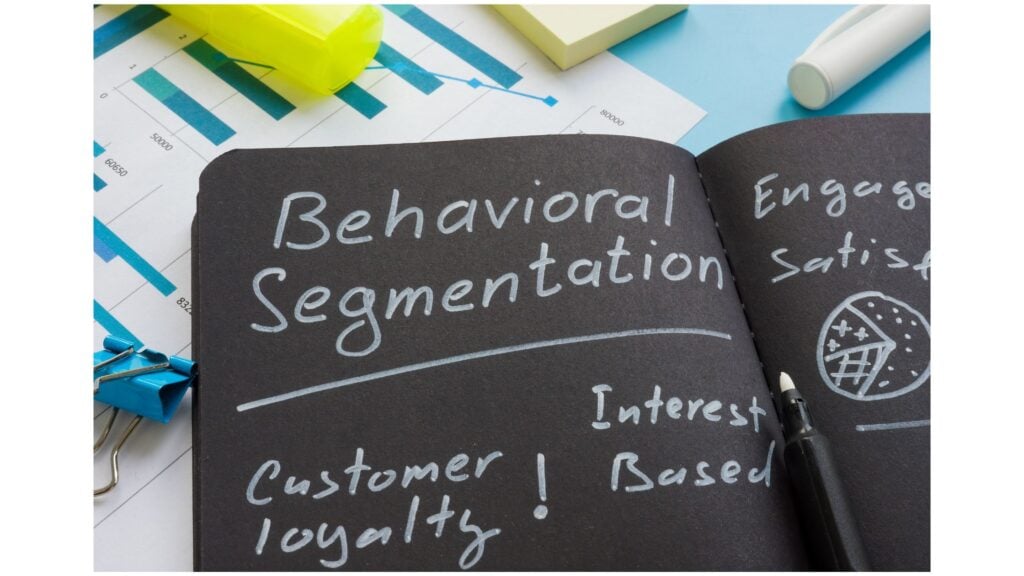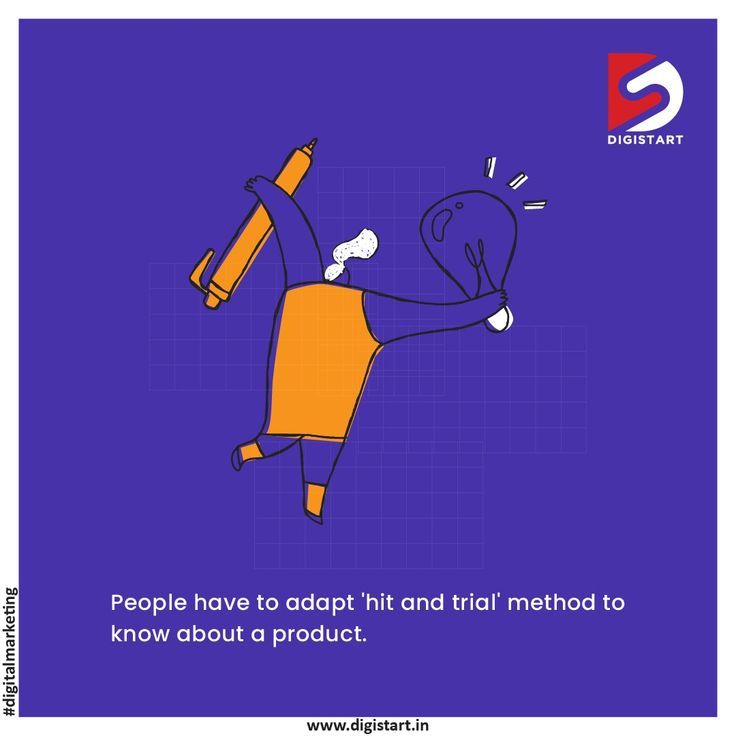Data Analyst Education Requirements: Entry-Level Qualifications Explained
Educational pathways for entry level data analysts
The field of data analysis has grown exponentially with the rise of big data and business intelligence. As organizations progressively rely on data drive decision-making, the demand for qualified data analysts continue to surge. But what level of education do most data analysts possess when they world-class enter the profession?
Bachelor’s degree: the standard entry point
Most entry level data analysts begin their careers with a bachelor’s degree. Accord to industry surveys, roughly 75 80 % of work data analysts hold at least a four-year undergraduate degree. These degrees typically fall into several relevant fields:
- Statistics
- Mathematics
- Computer science
- Information technology
- Economics
- Business analytics
- Data science
A bachelor’s degree provide the fundamental knowledge in analytical methods, statistical concepts, and frequently include introductory programming skills that form the backbone of data analysis work. Many undergraduate programs nowadays offer specialized tracks or concentrations in data analytics, recognize the growth demand for these skills.
Master’s degrees: competitive advantage or necessity?
While a bachelor’s degree remain the nearly common entry point, roughly 20 25 % of data analysts enter the field with a master’s degree. Advanced degrees are become progressively valuable in competitive job markets and for positions with more sophisticated analytical requirements.
Master’s programs that usually lead to data analyst roles include:
- Master of science in data analytics
- Master of science in business analytics
- Master of science in statistics
- Master of science in computer science (with data focus )
- MBA with data analytics concentration
These programs typically offer deeper technical training, more advanced statistical methods, and oftentimes include machine learning concepts that can distinguish candidates in the job market. Nonetheless, it’s important to note that a master’s degree is seldom an absolute requirement for entry level positions.
Industry variations in educational requirements
The expected education level for data analysts vary importantly across industries:
Technology sector
Tech companies oftentimes place greater emphasis on practical skills than formal education. While a bachelor’s degree is typically expected, candidates with strong portfolios and demonstrable skills may find opportunities despite have less traditional educational backgrounds. The tech industry besides lead in accept alternative education paths likboot campsps and certifications.

Source: skillfine.com
Finance and banking
Financial institutions tend to maintain stricter educational requirements. Entry level data analysts in banking, investment, and insurance oftentimes need bachelor’s degrees at minimum, with many positions prefer or require master’s degrees. Quantitative backgrounds are especially value in this sector.
Healthcare and pharmaceuticals
The healthcare industry often requires specialized knowledge alongside analytical skills. Data analysts in healthcare usually hold bachelor’s degrees with some biological sciences background, while pharmaceutical companies oftentimes prefer candidates with master’s degrees for their research intensive environment.
Retail and e-commerce
The retail sector typically maintains moderate educational requirements, with bachelor’s degrees being standard. Nonetheless, this industry oftentimes value practical experience with specific tools( like SQL, excel, and visualization software) over advanced degrees.
Alternative educational pathways
While traditional degrees dominate the field, alternative educational pathways are gain recognition:
Boot camps and intensive programs
Data analytics boot camps haveemergede as accelerated learn options, typically last 3 6 months. These programs focus intensively on practical skills and tools use in the industry. While bootcamp graduates face more challenges break into the field compare to degree holders, success stories are become more common, especially in tech startups and digital marketing agencies.
Professional certifications
Industry recognize certifications can supplement formal education or, in some cases, substitute for it. Valuable certifications for aspire data analysts include:

Source: professions.ng
- Microsoft certified: data analyst associate
- IBM data analyst professional certificate
- Google data analytics professional certificate
- Tableau desktop certified associate
- SAS certified data scientist
These credentials demonstrate proficiency in specific tools and methodologies, potentially offset a lack of formal academic qualifications.
Self-teach analysts
A small but grow percentage of data analysts are self-teach. These professionals typically build their skills through online resources, open source projects, and independent study. While this path present the steepest challenges for entry into the field, those who develop impressive portfolios and can demonstrate their capabilities through practical projects occasionally find opportunities, peculiarly in smaller organizations and startups.
Essential skills beyond formal education
Careless of educational background, certain skills are universally expected from entry level data analysts:
Technical proficiencies
-
SQL:
Intimately all data analyst positions require SQL knowledge for database querying. -
Excel:
Advanced spreadsheet skills remain fundamental across industries. -
Data visualization:
Proficiency with tools like tableau, power bi, or similar platforms. -
Programming:
Basic knowledge of python or r for data manipulation and analysis. -
Statistical analysis:
Understanding of fundamental statistical concepts and methods.
Soft skills
-
Problem-solving:
The ability to approach complex questions methodically. -
Communication:
Translate technical findings into business insights for non-technical stakeholders. -
Attention to detail:
Ensure data accuracy and identify anomalies. -
Critical thinking:
Evaluate information sources and methodologies. -
Business acumen:
Understand how data insights connect to business objectives.
Education vs. Experience: the balancing act
As data analysts progress in their careers, the relative importance of formal education frequently diminish compare to practical experience. Many organizations value demonstrate abilities and project portfolios over academic credentials, especially for mid career positions.
This creates an interesting dynamic for aspire data analysts: while educational qualifications importantly impact entry into the field, professional growth progressively depend on skills demonstrate through actual work. This reality has lead to the rise of th” portfolio approach” where candidates showcase their capabilities through personal projects, gGitHubrepositories, and competition platforms like kKaggle
The role of internships and entry level positions
Internships serve as critical bridges between education and professional data analyst roles. Many successful data analysts begin with internships during their undergraduate or graduate studies. These opportunities provide practical experience and oftentimes lead to full-time positions.
Entry level roles that usually serve as stepping stones into data analysis careers include:
- Data analyst assistant
- Junior data analyst
- Business intelligence analyst
- Research assistant (with data focus )
- Marketing analyst
- Operations analyst
These positions typically require less experience but ease expect educational qualifications, create the classic catch 22 situations for new graduates.
Educational trends and future outlook
The educational landscape for data analysts continues to evolve. Several trends are worth note:
-
Specialized undergraduate programs:
More universities are offer dedicated data science and analytics bachelor’s degrees. -
Micro credentials:
Short, focus educational programs that teach specific skills are gain popularity. -
Industry academic partnerships:
Organizations are collaborated with educational institutions to develop curriculum relevant to current business needs. -
Continuous learning emphasis:
The rapid evolution of data tools and methods necessitate ongoing education throughout one’s career.
Make educational decisions for a data analysis career
For those consider a career in data analysis, educational decisions should balance several factors:
-
Target industry:
Research educational expectations in your desire sector. -
Geographic location:
Job markets in technology hubs may offer more flexibility than traditional corporate centers. -
Financial considerations:
Weigh the return on investment for various educational pathways. -
Learn style:
Consider whether structured academic environments or self direct learn better suits your needs. -
Career timeline:
Factor in how promptly you need to enter the workforce.
Conclusion: the balanced approach to education
While a bachelor’s degree remain the nigh common educational qualification for entry level data analysts, the field offer various pathways reflect different combinations of formal education, specialized training, and practical experience. The” right ” ducational path depend intemperately on individual circumstances, career goals, and target industries.
What remain consistent across all successful entry paths is the demonstration of core analytical abilities, technical skills, and the capacity to derive meaningful insights from data. As the field will continue to will mature, we may see still greater diversity in the educational backgrounds of successful data analysts, though strong foundational knowledge — whether you will acquire through traditional or alternative means — will remain essential.
For aspire data analysts, the about effective approach combine appropriate formal education with practical skill development, create a foundation for both initial employment and long term career growth in this dynamic and expand field.



